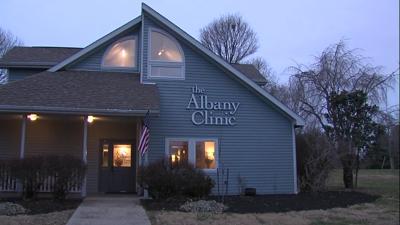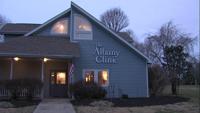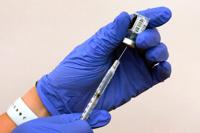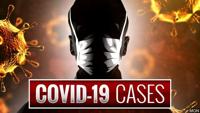CARBONDALE, IL (WSIL) -- A new organization in Southern Illinois helps veterans and first responders pay for specialized post-traumatic stress disorder (PTSD) treatments.
Widely thought of as a condition only veterans face, PTSD affects millions of men and women from all walks of life.
Marion native Zach Hutchinson is one of those individuals. He started the organization, Continuing Hope, after learning of an increase in veterans unable to pay for a treatment that he says, "saved his life."
"I've been through these personally, I know what they did to me and I know what they can do to others," explains Hutchinson of the treatments. "I thought, 'There needs to be some kind of organization that can help these guys pay for this,' and I thought, 'Why don't I do that,' so I did--that's why I started Continuing Hope."
The is the first of its kind in the region. They offer two treatments for those suffering from PTSD and treatment-resistant depression.
"I came here and received the treatments, I've actually had both," says Hutchinson. "I've actually had ketamine IV infusion and I've had the PTSD shot in the neck."
He says the results changed his life.
"Completely changed my life, and completely saved my life," says Hutchinson. "Dr. (Mark) Garwin, I've told him before, he saved my life, and I wanted to pass those blessings on to other people."
Insurance and VA benefits have no public plans to cover the treatment. Albany Clinic Medical Director, physician Mark Garwin says, more needs to be done to help make the treatment available to more people.
"These techniques work for the vast majority of patients and they're tools that I have acquired over my years as a physician," says Garwin, adding that 20 veterans a day die by suicide, largely due to depression.
The treatments for PTSD work with blocking "fight-or-flight" reflexes needed to survive in a chaotic, dangerous environment, says Garwin. By blocking those nerves, it helps to calm PTSD patients from thinking they are constantly in an unstable environment.
Garwin says he reached out to the VA, but in three years since, he has not heard back.
"I don't ask the VA to pay, I don't ask the VA to refer," says Garwin. "I would ask the VA to inform veterans that these techniques are out there, and to investigate, That is all."
Hutchinson says he would still be in a state of depression without the treatments, or not here at all. to help offset the cost of treatments, which Hutchinson says will make a difference in the lives of veterans in this region.
"And then you get to feeling better, you realize hey, this is a great big world, it's a good world, we're blessed to live here, there's plenty of things to do, so, now that I'm feeling better lets go do them, and I just want that for everybody, especially vets and first responders."














